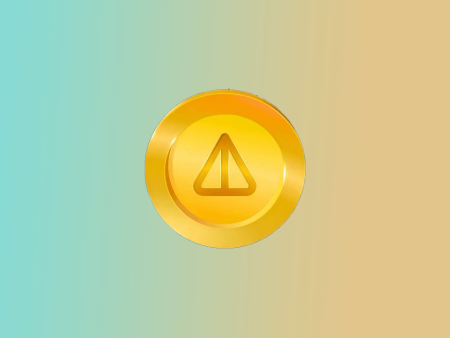Monero (XMR) is one of the cryptocurrencies created in 2014, a few months after Bitcoin was launched. It is a type of digital currency developed by a group of anonymous developers, focusing on minimizing the availability of user information.
So, what is Monero, what are its pros and cons, and what questions do users frequently have? In this article, AZCoin will provide you with basic and detailed information about this cryptocurrency.
What is Monero (XMR)?
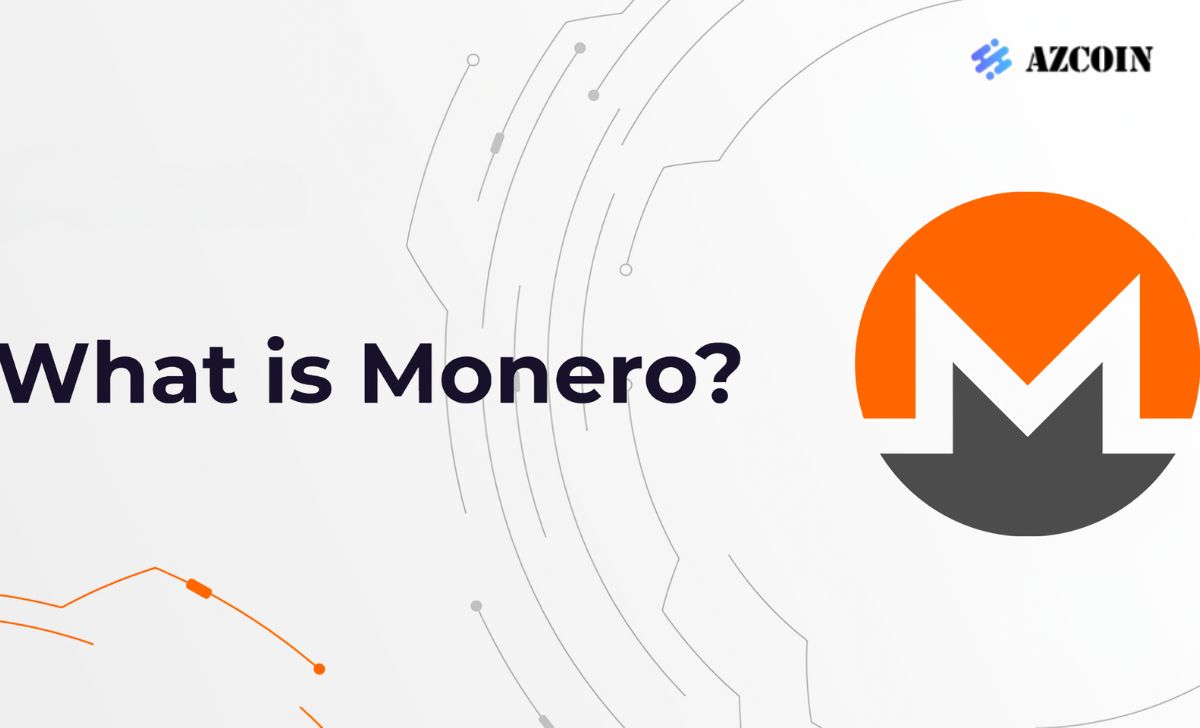
Monero (XMR) is a cryptocurrency focusing on privacy, security, and anonymity. Developed in April 2014, Monero utilizes special technologies to obscure transaction details such as the amount sent, sender, and recipient. This makes Monero one of the most secure cryptocurrencies on the market.
Among popular cryptocurrencies like Bitcoin, Ethereum or Litecoin, Monero (XMR) holds a unique position and attracts significant attention from the crypto community.
Development history of Monero
Monero (XMR) was created in April 2014 by a group of anonymous developers known as the “Bitmonero Group”. Initially, this currency was called Bitmonero and later renamed Monero, from Esperanto meaning “coin”. The development team chose this name to honor the work of mathematician Leibniz in inventing a system of uniform currency.
Monero was developed based on the open-source code of another cryptocurrency, Bytecoin, but has undergone many improvements and separate developments. In 2016, Monero became one of the most popular cryptocurrencies on the market and continued to grow strongly in the following years.
How Monero is different from other cryptocurrencies
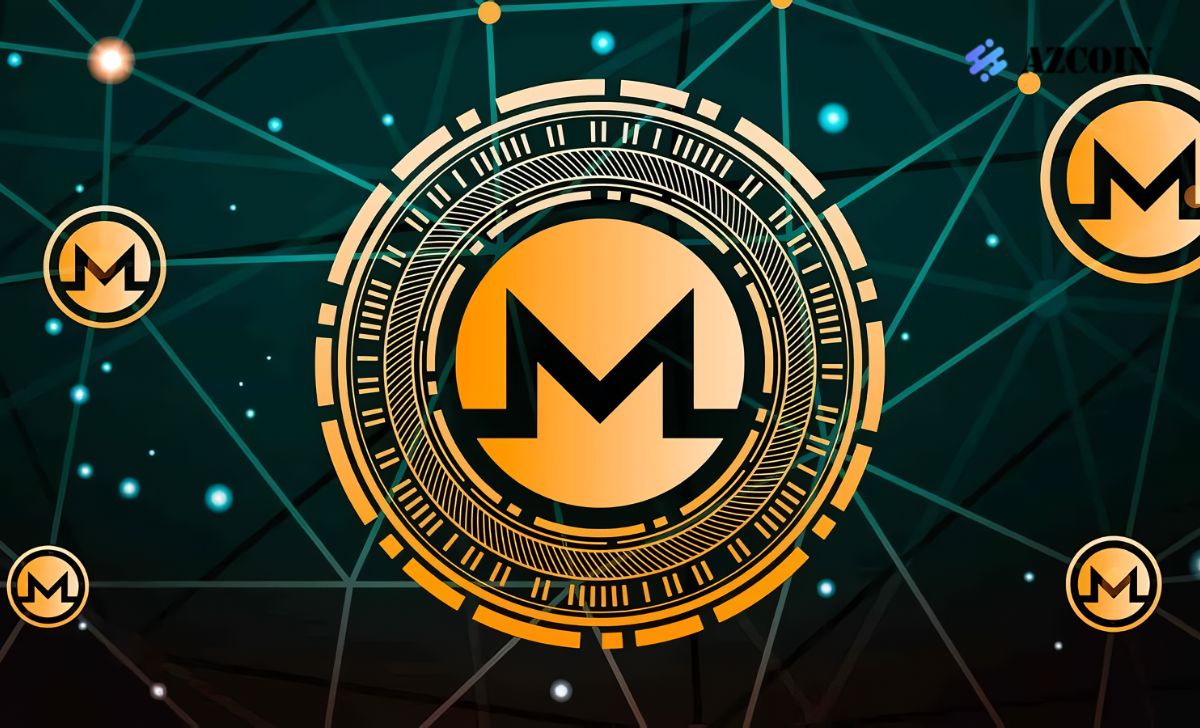
Monero stands out distinctly from other cryptocurrencies, particularly in terms of technology. Specifically:
- Ring Signatures: These are a type of anonymous signature, allowing members to conceal personal information. Monero utilizes sender account keys, then places them on the public key on the blockchain. By generating complex signatures, the sender’s identity is secured.
- Ring Confidential Transactions (Ring CT): This Monero feature hides information about the sender/receiver addresses and the amount of money in transactions.
- Stealth Addresses: These addresses are randomly generated and used only once for each transaction on behalf of the recipient. Using stealth addresses helps users conceal their real addresses and the identity of the recipient.
Pros and cons of Monero (XMR)
Pros
- Reduced block processing time: While other cryptocurrencies typically take 120 seconds to process a block, Monero only takes about 60 seconds.
- Reduced block issuance time: The block issuance time of Monero is significantly faster compared to many other cryptocurrencies.
- Code rewriting: During transactions, some codes may not function effectively. With Monero, these codes have been rewritten or supplemented to optimize performance.
- High security: Transactions are conducted in anonymous mode, enhancing privacy rights and reducing the risk of detection.
Cons
- High resource consumption: Monero’s unique features cause rapid consumption of blockchain space, resulting in high resource usage.
- High costs: To fully implement all features and functionalities, the costs of using Monero can become prohibitively expensive.
Technical information about XMR tokens
- Code: XMR
- Platform: Monero
- Consensus Algorithm: CryptoNote Protocol (PoS)
- Transaction Speed: Approximately 20 minutes
- Block Time: 2 minutes
- Total Supply: Updating
- Circulating Supply: 17,123,055 XMR
Where to buy and sell XMR tokens?
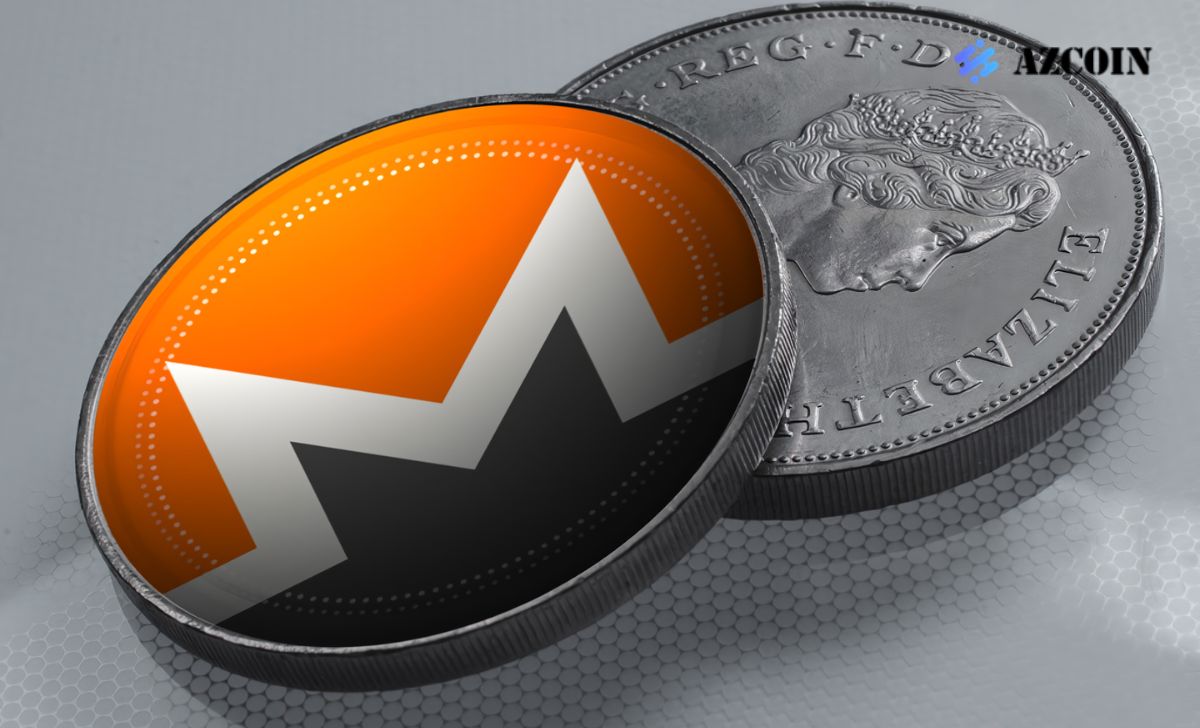
Currently, you can trade XMR tokens on some of the best crypto exchanges like Binance, Huobi, OKEx, or Bitfinex. You can use Bitcoin or Ethereum to exchange for XMR or buy directly with fiat currency through these exchanges.
Additionally, Monero also has some decentralized exchanges (DEX) that allow users to trade directly with each other without going through intermediary exchanges. This enhances privacy and safety for users.
Where to store XMR tokens?
There are various ways to store XMR tokens, depending on your usage purpose:
- Web Wallets: If you only want to hold XMR and trade on exchanges, web wallets can be a good option. You can use exchange web wallets or multi-platform web wallets like MyMonero or Monerujo.
- Hardware Wallets: If you want to store XMR in a secure place and worry-free about hacking or losing funds, hardware wallets are a reliable choice. Hardware wallets such as Ledger Nano S or Trezor have integrated support for Monero.
- Paper Wallets: If you only want to store XMR for a short period and don’t need to manage multiple cryptocurrencies, paper wallets can be a simple and cost-effective option. You can create a paper wallet by printing out the QR code of the wallet address or writing it down on paper.
The Future of Monero (XMR)
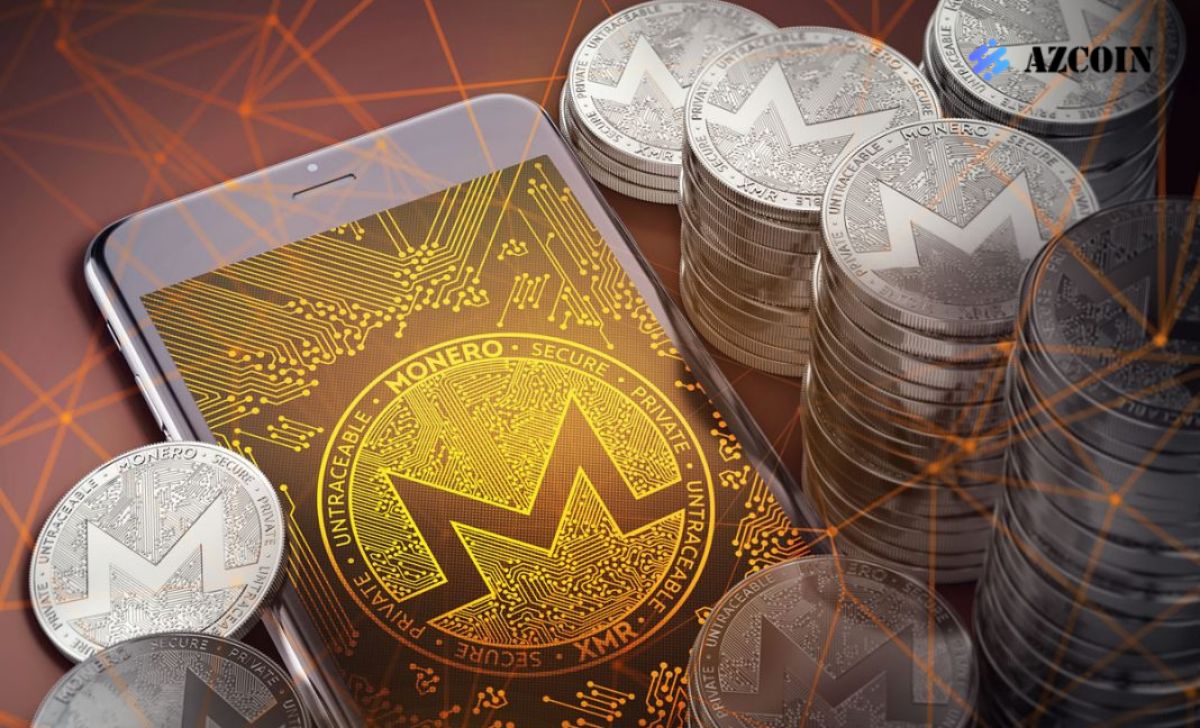
With its high emphasis on privacy policy and security, Monero has significant potential for future development. Many experts believe that this cryptocurrency will continue to increase in value and attract more investors in the future.
Furthermore, Monero is also developing integrated services for online payments and goods, enhancing the utility of this currency. This could be a crucial factor in driving Monero’s development in the future.
FAQs about Monero
How is Monero different from Bitcoin?
Monero (XMR) and Bitcoin (BTC) are two popular cryptocurrencies but have many differences. Monero focuses on privacy and anonymity, using technologies like Ring Signatures, Stealth Addresses, and RingCT to conceal transaction information. Meanwhile, Bitcoin is more transparent, with all transactions recorded publicly on the blockchain, making them easily traceable.
How can I create a Monero wallet?
You can create a Monero wallet through web wallets or cryptocurrency exchanges. If you want long-term storage, you can choose hardware wallets or paper wallets.
Is Monero a legal cryptocurrency?
Monero is considered legal in most countries worldwide. However, using Monero for illegal activities may be prohibited and subject to the laws of specific countries.
The end
Through this article, AZcoin hopes you have gained a clearer understanding of Monero, from its development history to its pros and cons, technical information, buying and storing methods, as well as its potential future. Consider exploring more about Monero for a comprehensive and detailed view!

I am Louis Dang, living in Ottawa, Canada. I am currently working as a trader for AZCoin company, with 7 years of experience in the cryptocurrency market, I hope to bring you useful information and knowledge about virtual currency investment.
Email: [email protected]

